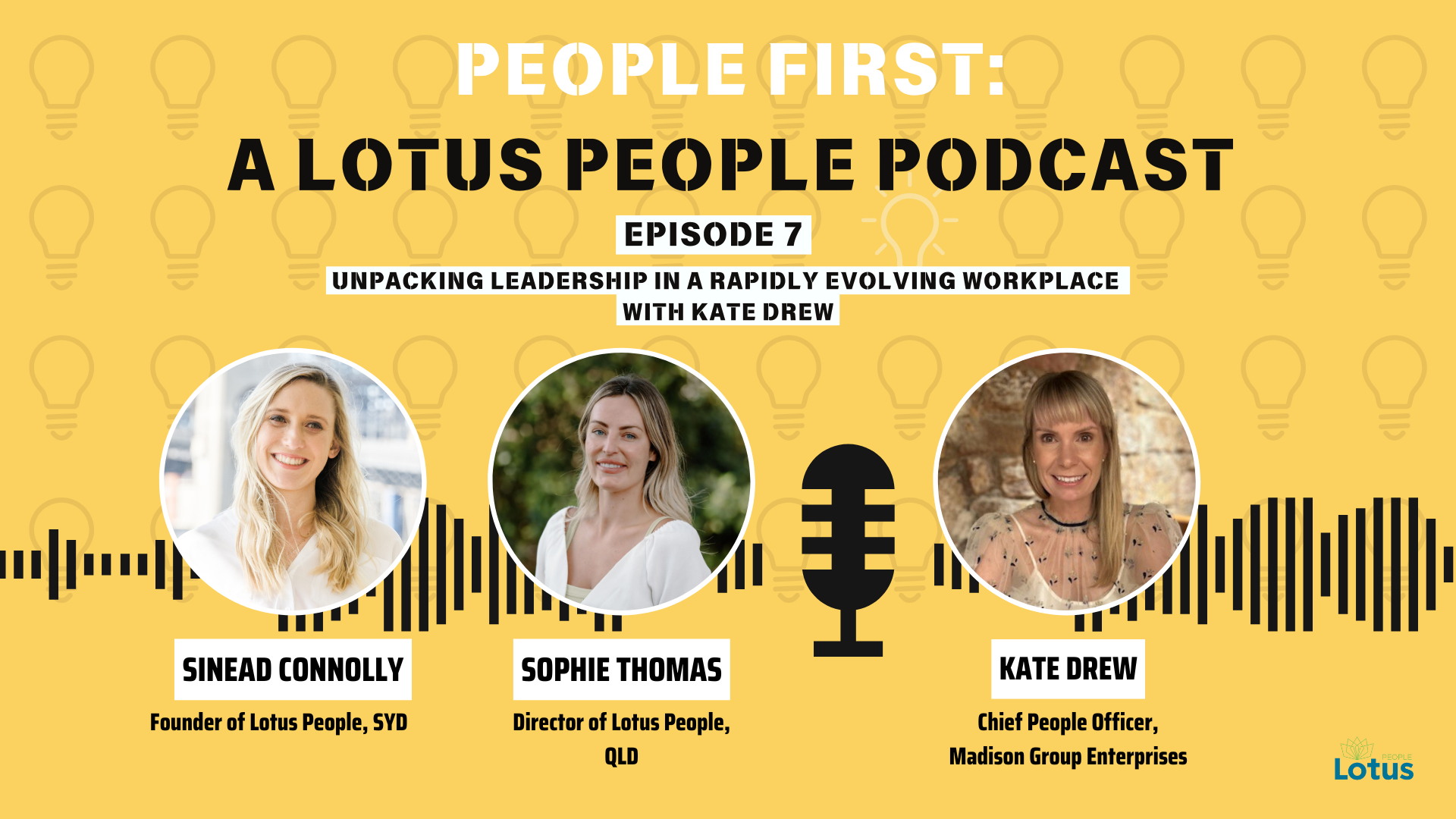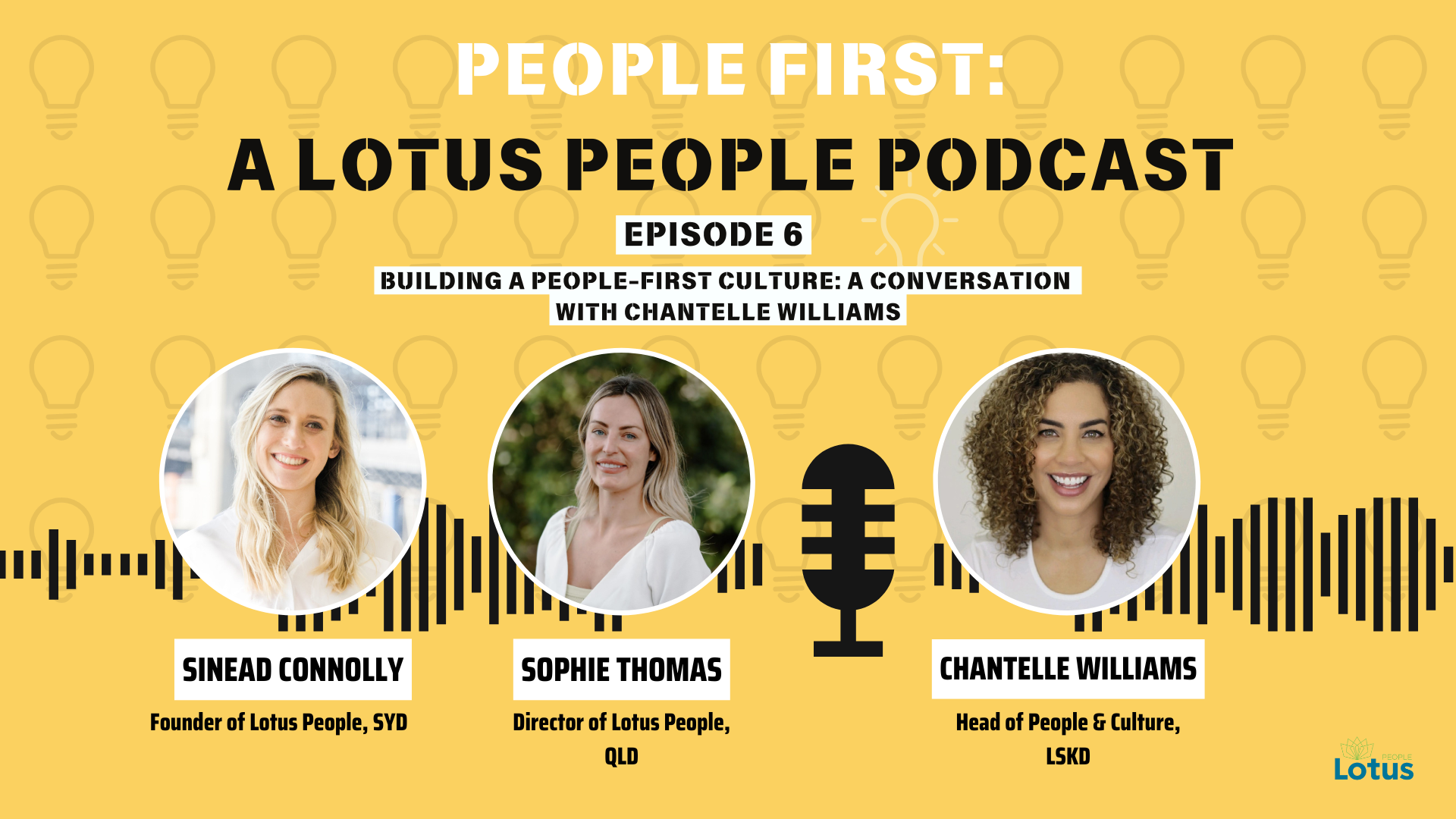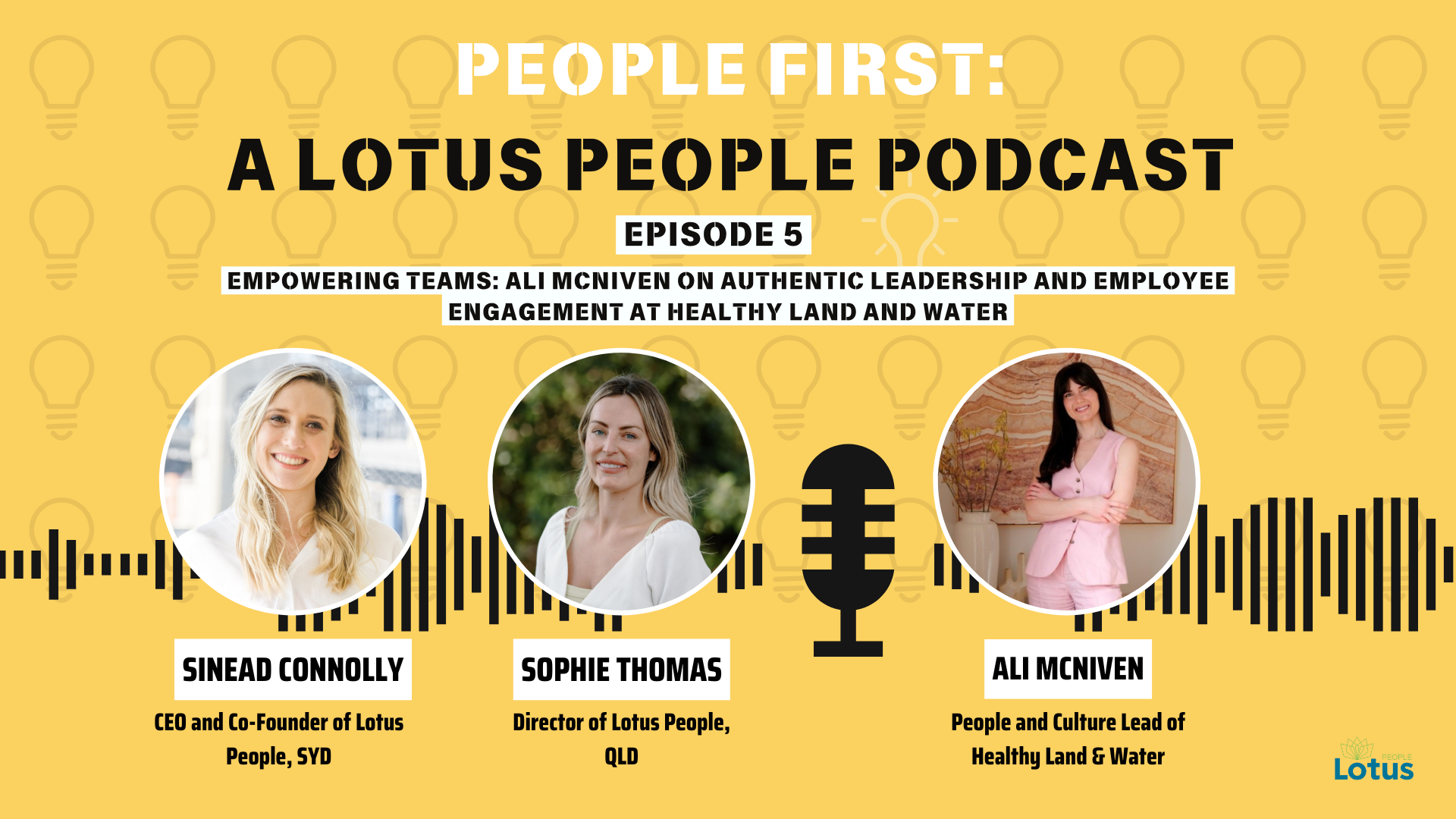Australian Work Happiness: The Key Factor Unveiled by Experts

Workplaces are seeing detrimental impacts from employees feeling unhappy, and the cause can be closely linked to the work from home debate.
We know happy employees are more valuable to a company’s bottom line.
Happy employees are 12 per cent more productive than their less-happy counterparts, engaged teams boost a company’s profitability by 23 per cent compared to teams that are less engaged, and absenteeism increases by a whopping 81 per cent when employees report low engagement.
Happiness at work – a place we (figuratively or literally) spend the majority of our waking hours and the majority of our prime years is, more importantly, crucial to our overall health and wellbeing as individuals. Researchers from Ohio State University found being unhappy in your job in your 20s and 30s can result in poorer health outcomes by the time you reach middle age, including problems with sleep, anxiety and depression.
Follow the happy
More employees than ever before are choosing jobs based on happiness and engagement metrics, says Sinead Connolly, CEO and Founder of recruitment agency Lotus People.
“The pandemic has changed everything,” she tells news.com.au, “it’s a totally different hiring landscape and happiness and balance is ranking higher than we’ve ever seen it before.”
“Anecdotally, the hundreds of candidates we speak to every month now tell us that hybrid working is a priority, employers that are values-based in how they lead are essential and employee-first benefits are more important than free drinks on a Friday and ping pong tables in the office!”
Let’s start with the obvious
Wage stagnation plus a cost-of-living crisis is weighing heavy on employee’s minds, with the 2023/2024 Hays Salary Guide reporting 65 per cent of employees plan to ask for a payrise in the coming year, and 48 per cent citing an uncompetitive salary as the reason they’re looking for a new role.
There was good news in the data, though, with HRD Magazine declaring 2023 ‘The Year Of The Raise’, after 95 per cent of employers surveyed told Hays they were planning to increase wages this coming financial year, up from 88 per cent last year and 67 per cent the year before.
Connolly, who also hosts When Work Isn’t Work, a podcast about reigniting your love for what you do, says that financial considerations, while front-of-mind, are also being weighed up against more practical requirements.
Value-adds tip the scales
“While we are going through a cost-of-living crisis and there is a palpable uncertainty in the job market, candidates still remember how their employees did or didn’t treat them during Covid,” she explains.
“It really gave all of us an opportunity to reflect on how we want to approach work. When I started Lotus People in 2015, the most exciting businesses focused on social initiatives and team bonding, where now people are looking for benefits, initiatives and perks that allow them to succeed at work but also have space for their own families and lives too.
People2people and Frog Recruitment’s 2023 Employment and Salary Trends Report found flexibility was the main concern for 76 per cent of survey respondents, highlighting that even in a post-pandemic world, the dial has shifted permanently towards remote working options as the preferred model.
How to find a job that makes you happy
“It is very easy for organisations to promise the world in interview processes, but the follow through is less common sadly,” says Connolly.
“Considered questions that get to the heart of how things are run in a business will allow you to make informed decisions on where your next work home will be.”
Here are a few ways the HR expert recommends finding the right fit:
“Understand your leaders’ commitment to their own personal growth and development. If they value their own growth, it is likely that they will be committed to yours. Probe to understand what they do to continue to develop and learn”
“Delve into culture: ask questions around how the organisation deals with feedback, conflict resolution and direct conversations – cultures vary so much from business to business and understanding what the culture is like when it comes to improvement and communication can massively impact your satisfaction; it’s essential to delve into this to avoid any toxic cultures”
“Peers and pals! There is research that shows that strong social ties/ connections increases overall happiness at work so finding like-minded people who you enjoy spending time with will absolutely contribute to your overall happiness at work”
“Commitment to people initiatives – it’s crucial to understand the culture around working hours, flexibility, appreciation of life that happens outside of work – you don’t want to be in an office where it is considered a flex to be the first one in and last one out the door of an evening.”
Ultimately, Connolly says the pandemic shone a light on mental health in the workplace.
“That experience started a conversation that will only continue to evolve,” she says.
“Employees and candidates are seeking leaders and businesses who promote wellbeing and positive mental health at work and conscious/ compassionate leaders will lead in the “war on talent” that still exists today. Organisations and leaders with mechanisms in place to spot burnout early and support colleagues during busy times (making changes where needed) will retain employees who can work on a long-term basis in a sustainable and healthy way.”
Feature from
news.com.au/





